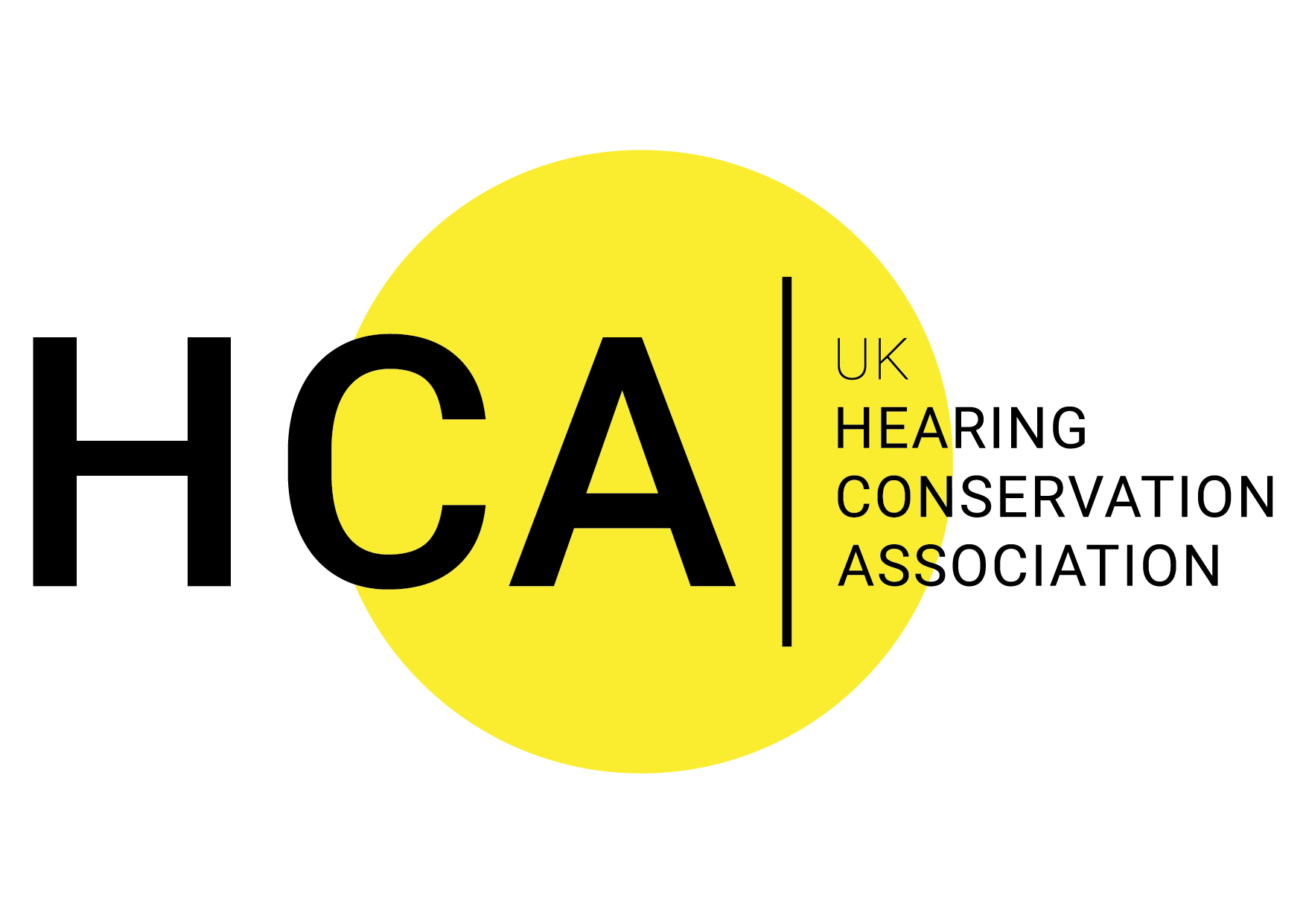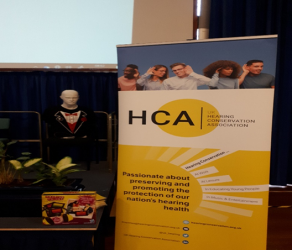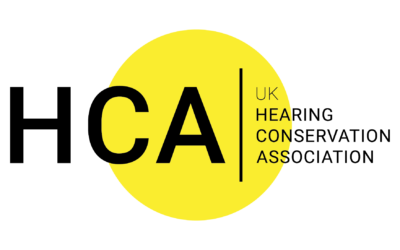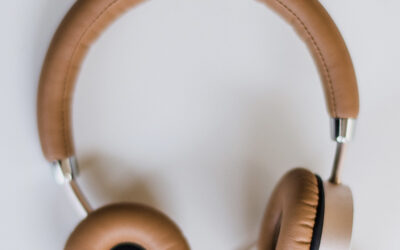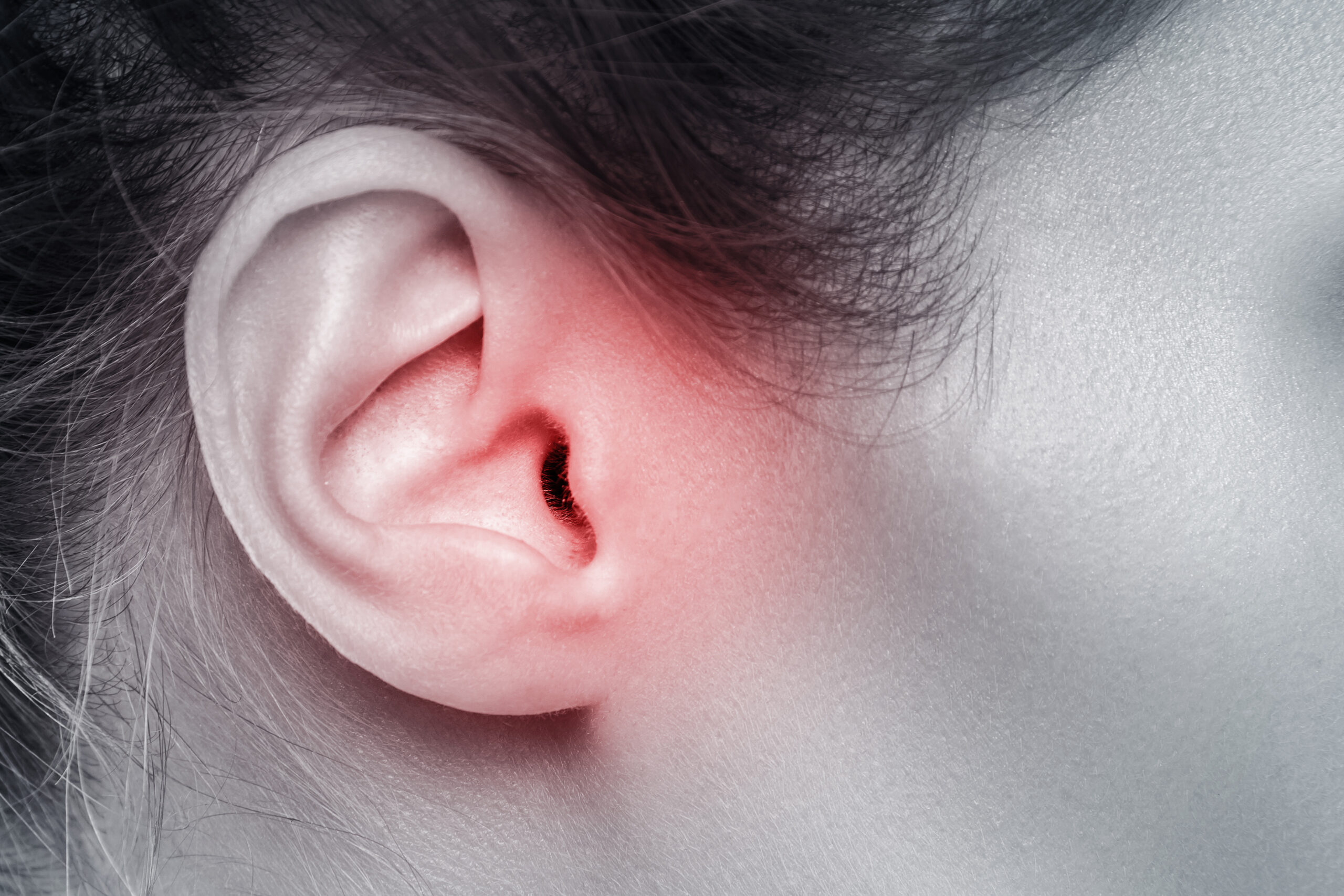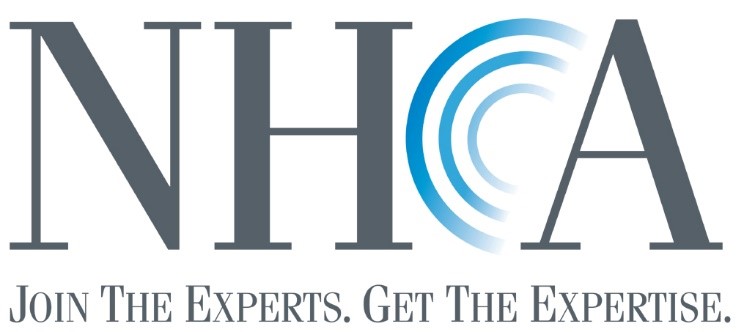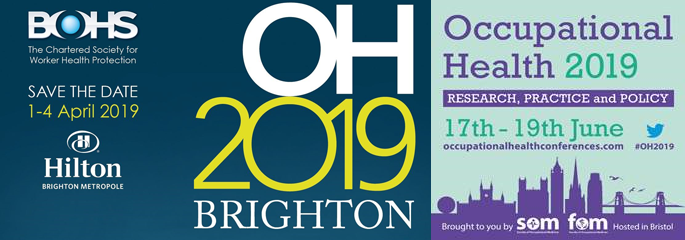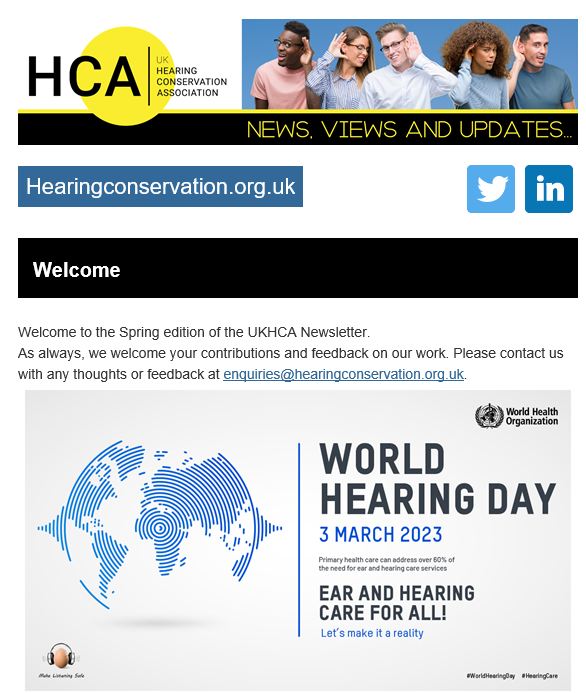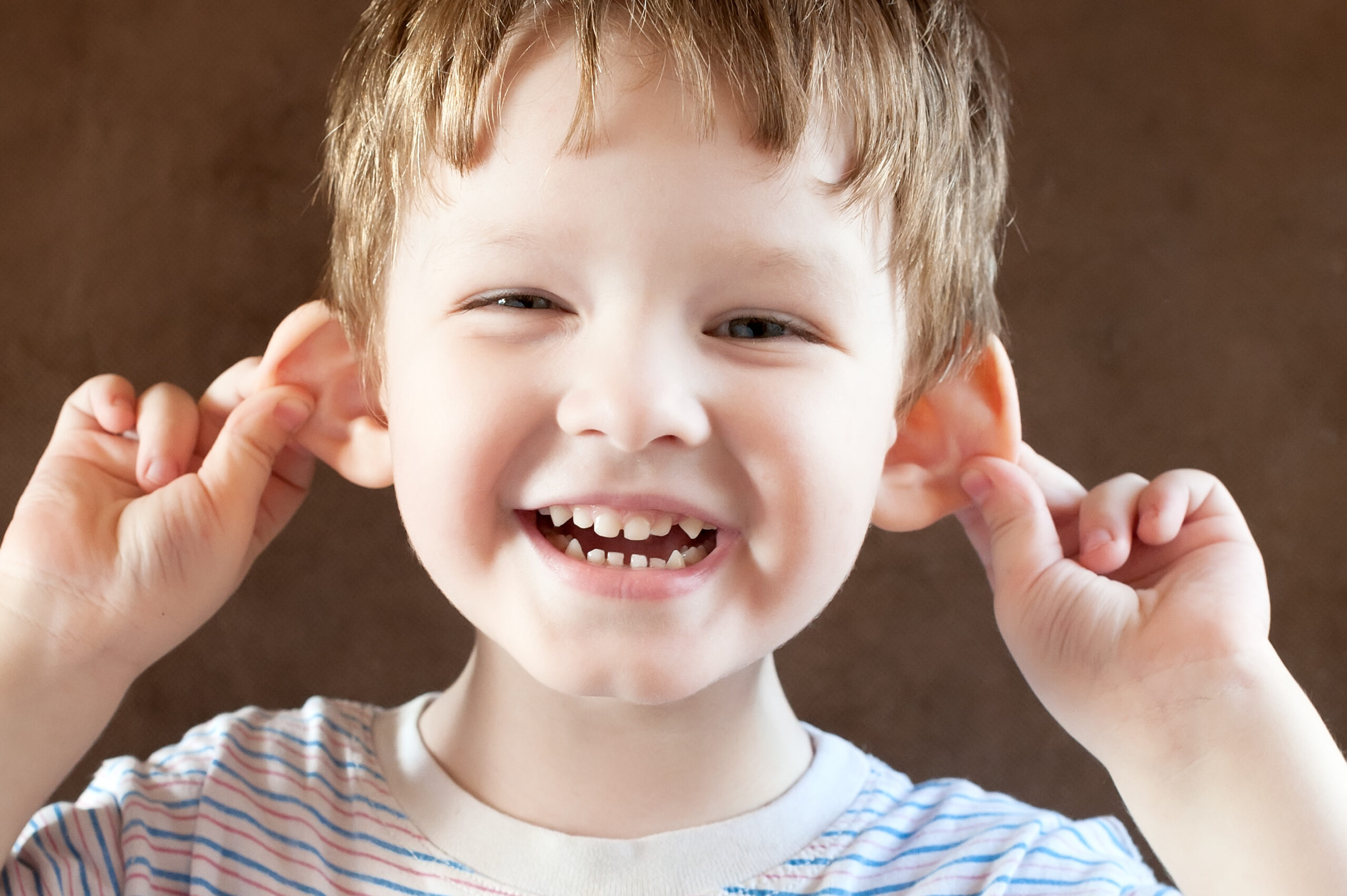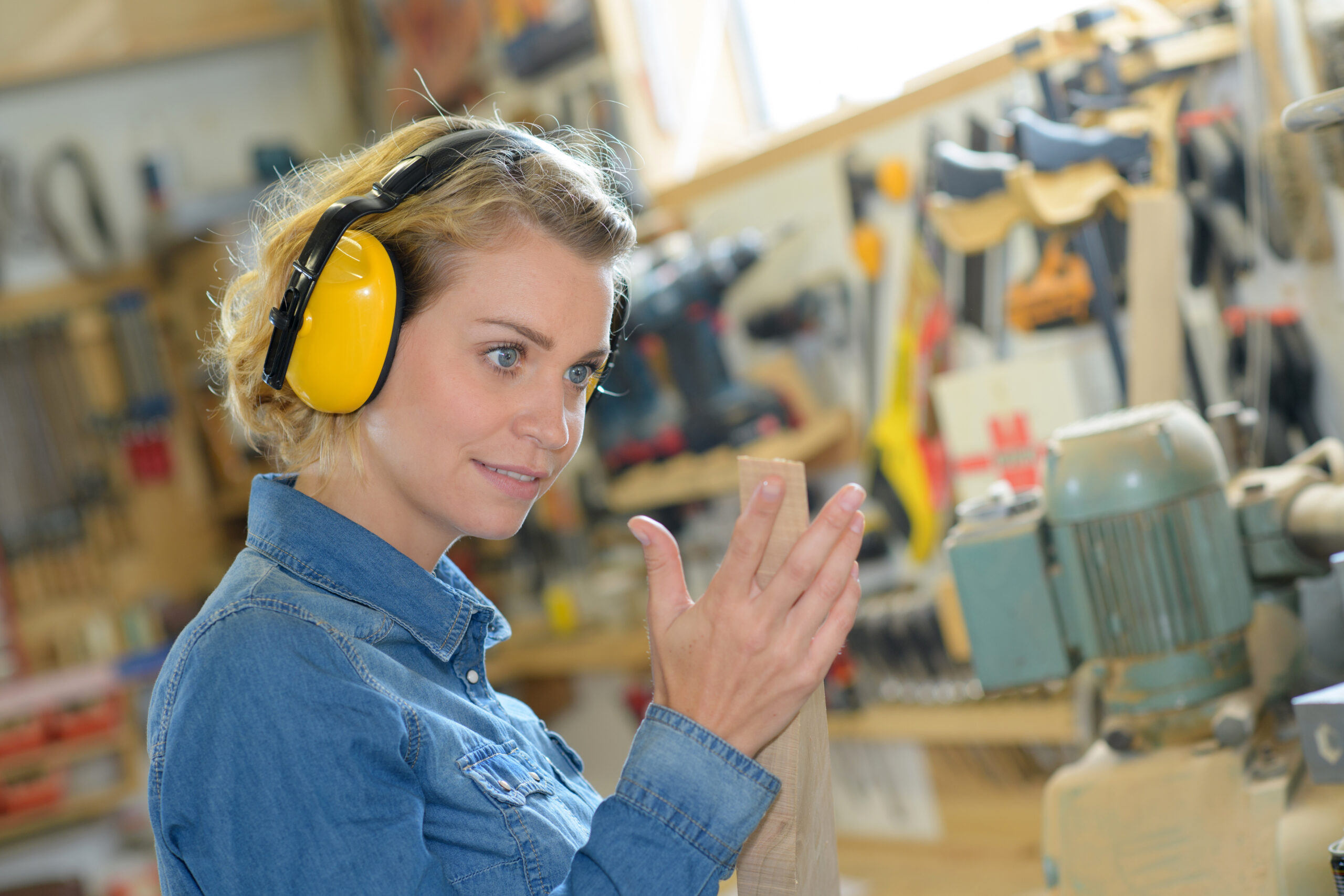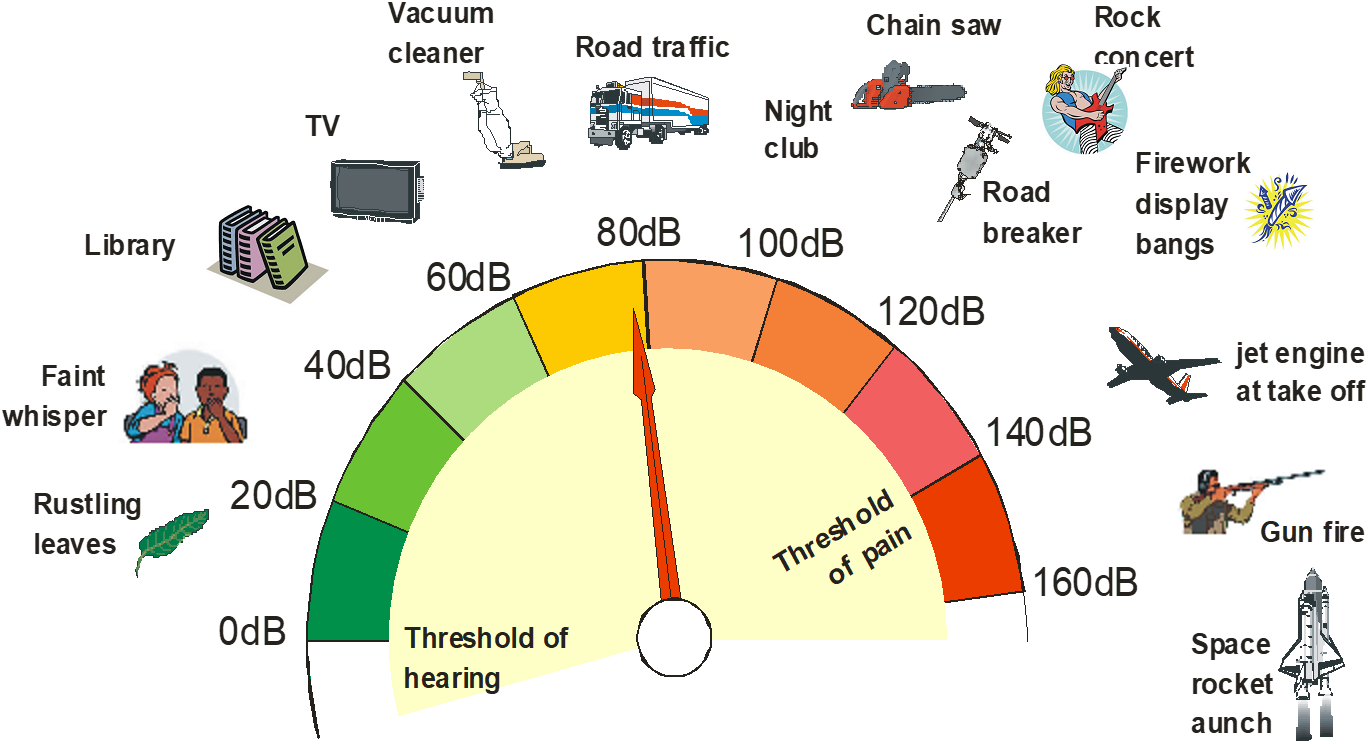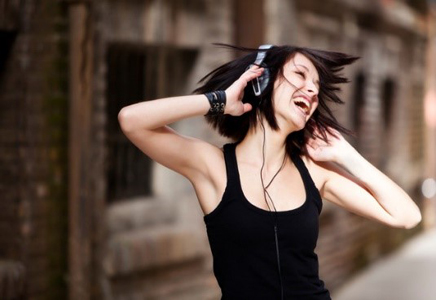Guidance
GUIDANCE DOCUMENTS
Below are links to guidelines we believe you may find useful, if you wish to recommend any further guidelines for the website please contact clare.forshaw@hearingconservation.org.uk
HP fit checking poster for download
SOM_UKHCA_Position_Statement_Noise_Health_Surveillance_Guidance_May_23.pdf
UKHCA Hearing Protection Fit Testing — An Introductory Guide | Hearing Conservation
Be a Smart Buyer when it comes to Noise Consultancy Services | Hearing Conservation
NEW GUIDANCE; HEARING AID USERS IN NOISY WORKPLACES | Hearing Conservation
UKHCA-Construction-Noise-FAQs.pdf (hearingconservation.org.uk)
Sources of noise that could be damaging your hearing
Exposures to recreational sounds are increasing – What can be done to protect our hearing health?
Interpreting an Audiogram for Indications of Occupational Noise-Induced Hearing Loss (NIHL)
An outline for workplace noise survey reports
Interpreting an audiogram for indications of occupational noise-induced hearing loss
Latest News & Upcoming Events
Restaurant noise – a barrier to enjoyment.
We go to a restaurant to enjoy the food and ambience, but also as a social event; it offers us an opportunity to catch up with friends and enjoy a chat. For many people high levels of restaurant noise acts as a barrier to inclusion in conversation so affecting their...
Protect your ears for life!
The UKHCA have 5 special interest groups to focus attention on raising awareness and influencing groups who we feel are at most risk and would benefit from advice and steer in hearing health care. One specific group we are aiming to influence is young people who are...
Turn the noise up!?….
It is indeed a strange time we live in and the changes made to what used to be accepted as our “daily routine” have for some people had unexpected and unforeseen disadvantages. Where a large portion of the workplace have been furloughed at home some people have...
Headphone Habits During Lockdown
The last three months or so have been the most extraordinary in my life. Fortunately whilst several of my immediate family have had Covid 19 they have made good recoveries with no apparent long lasting effects. I do hope that you and yours are...
Ototoxicants – what are they and how may they worsen hearing loss in the workplace?
It’s well known that hearing damage may be caused by exposure to loud noise, and that the degree of damage is more severe the longer the period of exposure is to noise. What may not be common knowledge is that there is strong evidence that some chemicals (known as...
Hear for Tomorrow – Event for Music Lovers
This event has now been rescheduled till March 2021. Hear for Tomorrow An event for music lovers, rescheduled for the 24th March 2021 Last time we teased you with what was to be our first official conference event. Given the pandemic crisis we have had to move the...
NEW GUIDANCE; HEARING AID USERS IN NOISY WORKPLACES
New guidance has been published on managing workplace noise for hearing aid users and hearing impaired individuals. This is a growing issue for many employers and health practitioners. With issues around compatibility of hearing protection with hearing aid devices,...
NHCA in the US
Here at UKHCA we stand on the shoulders of giants! Our approach and ambitions closely emulate that of the National Hearing Conservation Association (NHCA) in the States and we strongly believe there has been a gap for such an approach in the UK. We are therefore...
Upcoming events
Members of the UKHCA will be attending the upcoming conferences for the British Occupational Hygiene Society and the Society of Occupational Medicine. Both Societies are supporting members of the Association and are providing us a great opportunity to reach and...
Could headphones be damaging your Children's hearing?
Find out how to protect their hearing
Noise at Work?
Find list of resources to help you
Noise Induced hearing Loss
Find out more about acceptable levels of noise
Headphone Use
Find out how to protect your hearing
5 ways to protect your Hearing
With the World Health Organisation (WHO Report ) suggesting that more than 1 billion of us are at risk of permanent hearing loss here are 5 ways you can protect your hearing.
1.
Firstly, test your hearing. Try the easy, free app, hearWHO (Link to hearWHO app). Keep a record of your score and retest yourself every six months or so. If you are worried about your hearing see your doctor.
2.
Try to avoid exposure to loud sounds/long periods of exposure. Loud sounds are common at live events, music and motorsport, when shooting, using power tools, lawn mowers and riding motorcycles. If you are attending, taking part or using noisy equipment make sure you wear hearing protection.
3.
A common source of large sound doses is from using headphones. Consider timing how long you are using your headphones are and check out your listening levels. It may help you to download a hearing safeguarding app, which will total the time and level for you, and let you know when you’re overdoing it.
4.
Upgrade your ear buds to good quality ‘over-ear’ headphones which will reduce the background noise so you can listen at a lower level. For the noisy public transport consider buying active noise cancelling headphones.
5.
When you go to live music events take hearing protection with you and use it when the support act is on to give your ears a break and leave them fresh for the main attraction.
